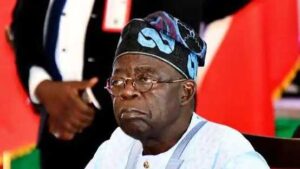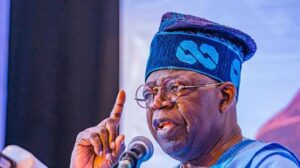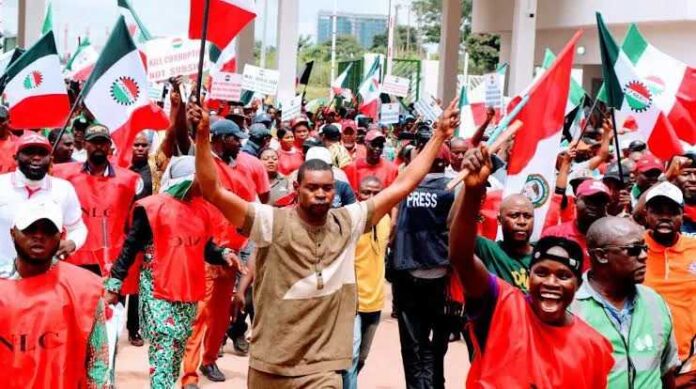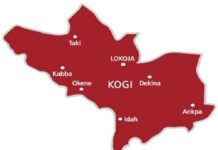The Federal Government of Nigeria has signaled its readiness to reconsider and potentially increase its proposed minimum wage offer, which was initially set at N48, 000. This development comes in the wake of significant backlash from organized labor groups, who recently boycotted a key meeting of the Tripartite Committee on National Minimum Wage (NMW).
The Nigeria Labour Congress (NLC) and the Trade Union Congress of Nigeria (TUC) both walked out of a crucial meeting held on Wednesday, citing deep dissatisfaction with the government’ s proposal. The unions argued that the proposed N48, 000 minimum wage was not only lower than the current augmented wage of N77, 000 but also a direct insult to the sensibilities of Nigerian workers, failing to address their pressing financial needs amidst rising inflation and economic challenges.

Following this dramatic exit, the Tripartite Committee on NMW, under the leadership of Secretary Ekpo Nta, made attempts to reconvene the negotiations the next day. However, the labor unions stood firm in their decision to boycott, expressing frustration over what they perceived as the government’ s lack of seriousness and transparency in the negotiation process.
Dr. Tommy Okon, the Deputy President of the TUC, emphasized that the labor unions would not return to the negotiation table unless the government presented a significantly improved and meaningful offer. This stance underscores the unions’ commitment to securing a fair and livable wage for Nigerian workers, reflecting the rising cost of living and economic conditions.

In response to the escalating situation, the Chairman of the Tripartite Committee, Bukar Aji, issued a plea to the labor unions to resume negotiations. Aji proposed a new meeting date of May 21, expressing the government’ s willingness to make concessions and adjust its position in hopes of reaching a timely agreement. The government stressed the importance of concluding these negotiations promptly, particularly before the upcoming International Labour Organisation (ILO) Conference in Geneva, Switzerland.
The NLC and TUC’ s steadfast position highlights the critical role that effective negotiation and mutual respect play in labor relations. Their actions are a testament to the importance of securing fair compensation that reflects the economic realities faced by workers. The proposed N48, 000 minimum wage was seen as a regression from the current augmented wage, which includes various allowances and awards aimed at cushioning the impact of inflation and economic hardship.

The initial offer of N48, 000 was met with widespread criticism from labor leaders, who pointed out that the amount was grossly inadequate to meet the basic needs of Nigerian workers. The current economic climate, characterized by high inflation and a devaluing currency, has exacerbated the financial strain on workers, making a substantial increase in the minimum wage all the more critical.
The labor unions’ decision to boycott the meeting was not taken lightly. It followed extensive consultations and reflected the deep-seated frustrations of workers who feel undervalued and overlooked. The unions have consistently advocated for a minimum wage that not only meets the basic needs of workers but also allows them to live with dignity and security.

The government’ s willingness to reconsider its initial offer and propose a new meeting date is a positive step towards resolving the impasse. However, for meaningful progress to be made, it will be essential for both parties to engage in open, transparent, and good- faith negotiations. The labor unions have made it clear that any new offer must be substantially higher than the current proposal and must take into account the prevailing economic conditions.
As the new meeting date approaches, all eyes will be on the Tripartite Committee and the labor unions to see if they can bridge their differences and reach an agreement that is fair and just for Nigerian workers. The outcome of these negotiations will not only impact the immediate financial well- being of workers but also set a precedent for future labor relations and wage negotiations in Nigeria.
In conclusion, the Federal Government’ s readiness to increase its minimum wage offer marks a crucial juncture in the ongoing negotiations with organized labor. The steadfastness of the NLC and TUC in demanding a fair and livable wage underscores the critical need for a minimum wage that reflects the economic realities faced by workers. As both parties prepare for the next round of negotiations, the hope is that they can reach a mutually beneficial agreement that addresses the needs and aspirations of Nigerian workers.




